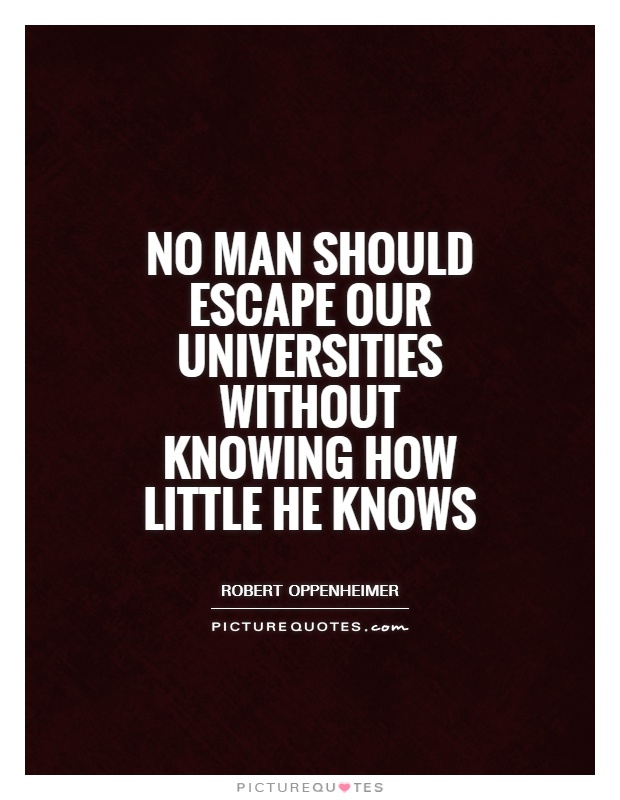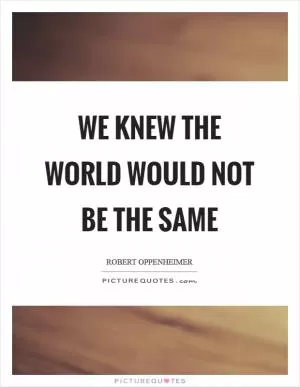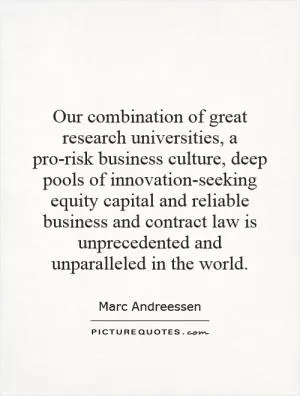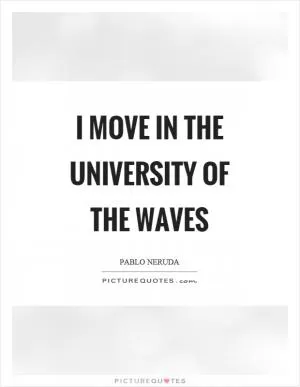No man should escape our universities without knowing how little he knows

No man should escape our universities without knowing how little he knows
Robert Oppenheimer, the renowned physicist and one of the key figures in the development of the atomic bomb during World War II, is often quoted as saying, "No man should escape our universities without knowing how little he knows." This statement encapsulates Oppenheimer's belief in the importance of humility and intellectual curiosity in the pursuit of knowledge.Oppenheimer's own life and career exemplify the idea that true wisdom comes from acknowledging the limits of one's knowledge. Despite his groundbreaking work in physics and his pivotal role in the Manhattan Project, Oppenheimer remained acutely aware of the vast expanse of knowledge that lay beyond his grasp. He understood that the more he learned, the more he realized how much he still had to learn.
This humility and intellectual humility were central to Oppenheimer's approach to science and education. He believed that true learning required a willingness to question assumptions, challenge established beliefs, and constantly seek new insights. In his view, the purpose of education was not just to impart information, but to cultivate a spirit of inquiry and a thirst for knowledge that would endure long after graduation.
Oppenheimer's words also speak to the broader mission of universities and higher education institutions. Universities are not just places where students acquire a set of skills or a body of knowledge; they are also spaces where individuals are challenged to think critically, engage with diverse perspectives, and confront their own ignorance. A truly transformative education is one that forces students to confront the limits of their understanding and inspires them to continue learning and growing throughout their lives.












 Friendship Quotes
Friendship Quotes Love Quotes
Love Quotes Life Quotes
Life Quotes Funny Quotes
Funny Quotes Motivational Quotes
Motivational Quotes Inspirational Quotes
Inspirational Quotes